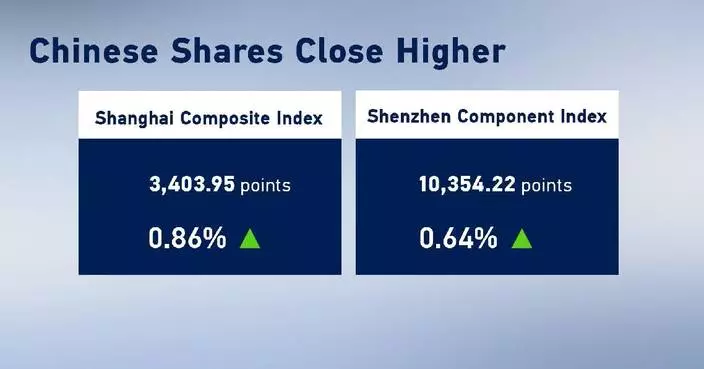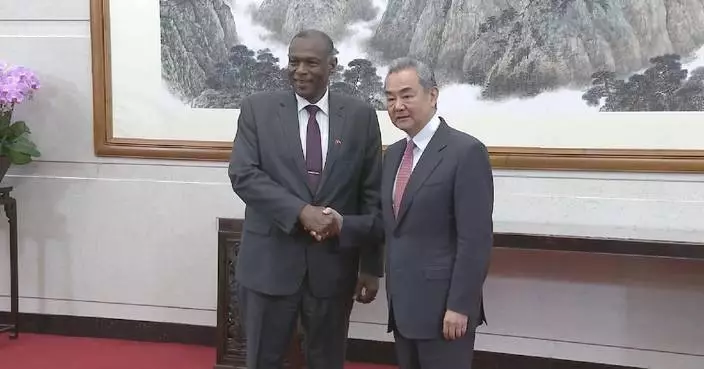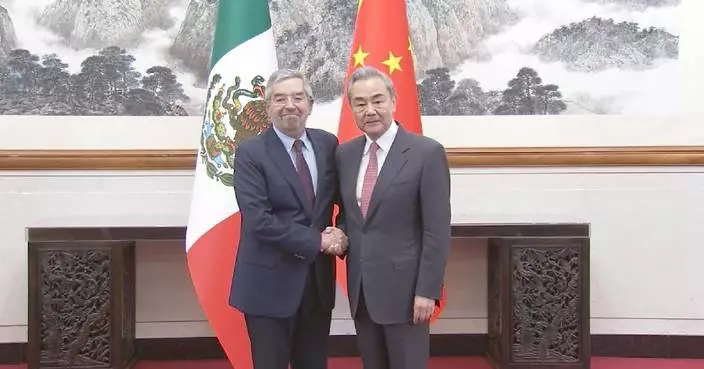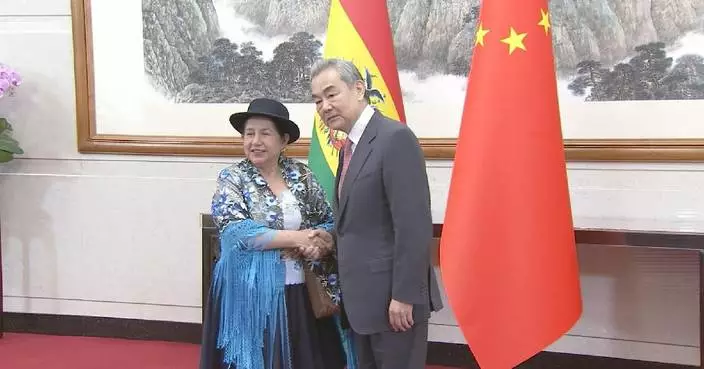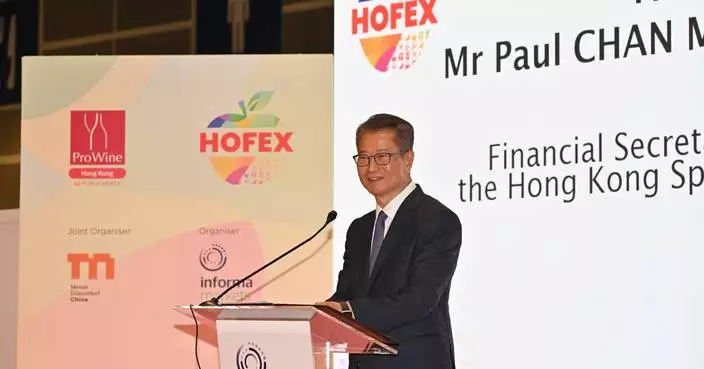Former officials and analysts in Egypt have hailed the significant message in Chinese President Xi Jinping's New Year speech and highlighted how China's development impacts not only itself, but the whole world.
In the address broadcast on New Year's Eve on Tuesday, Xi stressed the importance of high-quality development and safeguarding people's livelihoods, and underscored China's vision to promote global governance reform and deepen solidarity and cooperation among the Global South.
Xi also said China's economy has rebounded and is on an upward trajectory, while noting the need to transform old growth drivers into new ones.
"The New Year's speech by the Chinese President tackled many important issues, among which is the Chinese economic growth during 2024. China aims at increasing that growth rate in the new year, this is a very important directive that will affect China's public policy in the coming period," said Mohamed Amin, editor-in-chief of the Cairo-based political magazine October.
Meanwhile, Ali el-Hefny, a former Egyptian ambassador to China who is now vice president of the Egypt-China Friendship Association, highlighted how China has set an example for the developing world, and pointed to its strong cooperation with Africa, including in the development of many major infrastructure projects. "China also contributes a lot as far as its participation as one of the major countries worldwide in peacekeeping efforts in the continent of Africa. So in fact, the internal policies in China are a wonderful example for us in Africa, for our economies, for our countries, for our governments, and for the countries in the Global South," he said.
"With the BRICS and other forums, we need the role and contribution of China. China renders a lot to African as a continent and the African countries, and the African people. I've seen it with the infrastructure that was provided with the Chinese expertise and accumulated experience. Wherever you go in Africa, you will find paved roads, you will find ports where the capacity has been uplifted, [such as] the airports," he said.
Last September, Beijing hosted the summit of the Forum on China-Africa Cooperation (FOCAC), bringing together the leaders of over 50 African countries in the Chinese capital, and el-Hefny noted that the cooperation platform will this year mark a milestone anniversary.
"[I would like to] draw attention to the fact that we are celebrating this year a quarter of a century, 25 years, since the establishment in the year 2000 of the African-Chinese cooperation forum. It has lasted for 25 years. We would like to see [the continuation of] such a forum that was very important for the African continent, and it was also important for China," he said.
In the view of Gamal Bayoumi, a former assistant foreign minister, China is playing a very active role in terms of international diplomacy, especially in the United Nations' system.
"As we well know, China is a permanent member of the United Nations Security Council and it has the right to veto for any decision which we do not like. [But] China has never used the veto in a negative way," he said.
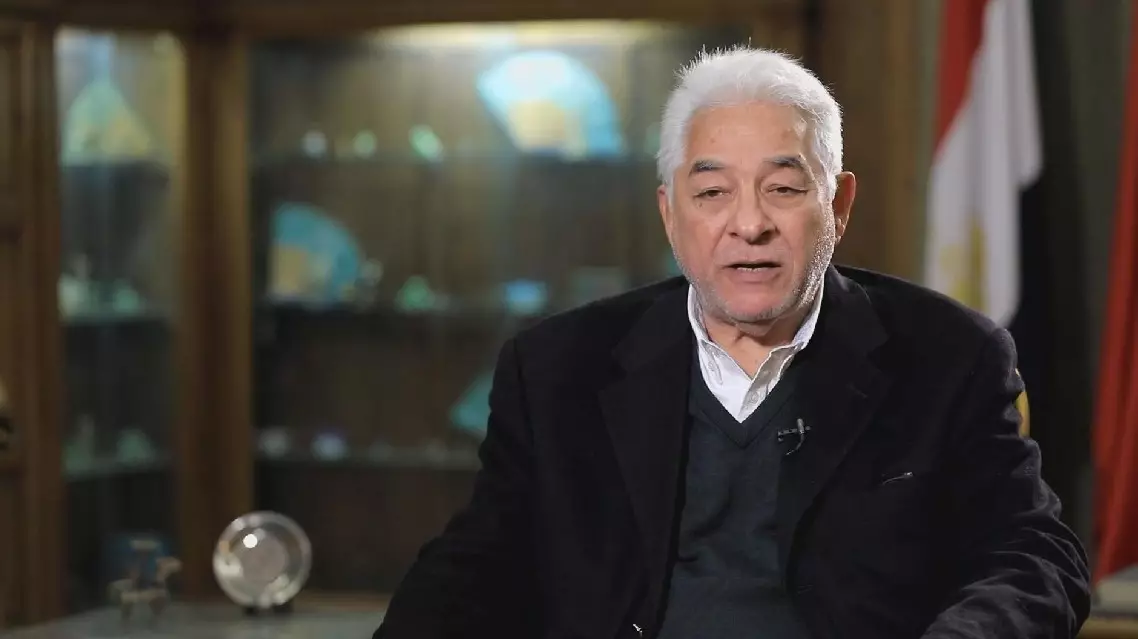
Egyptians hail Xi's New Year speech, highlighting China's global impact






